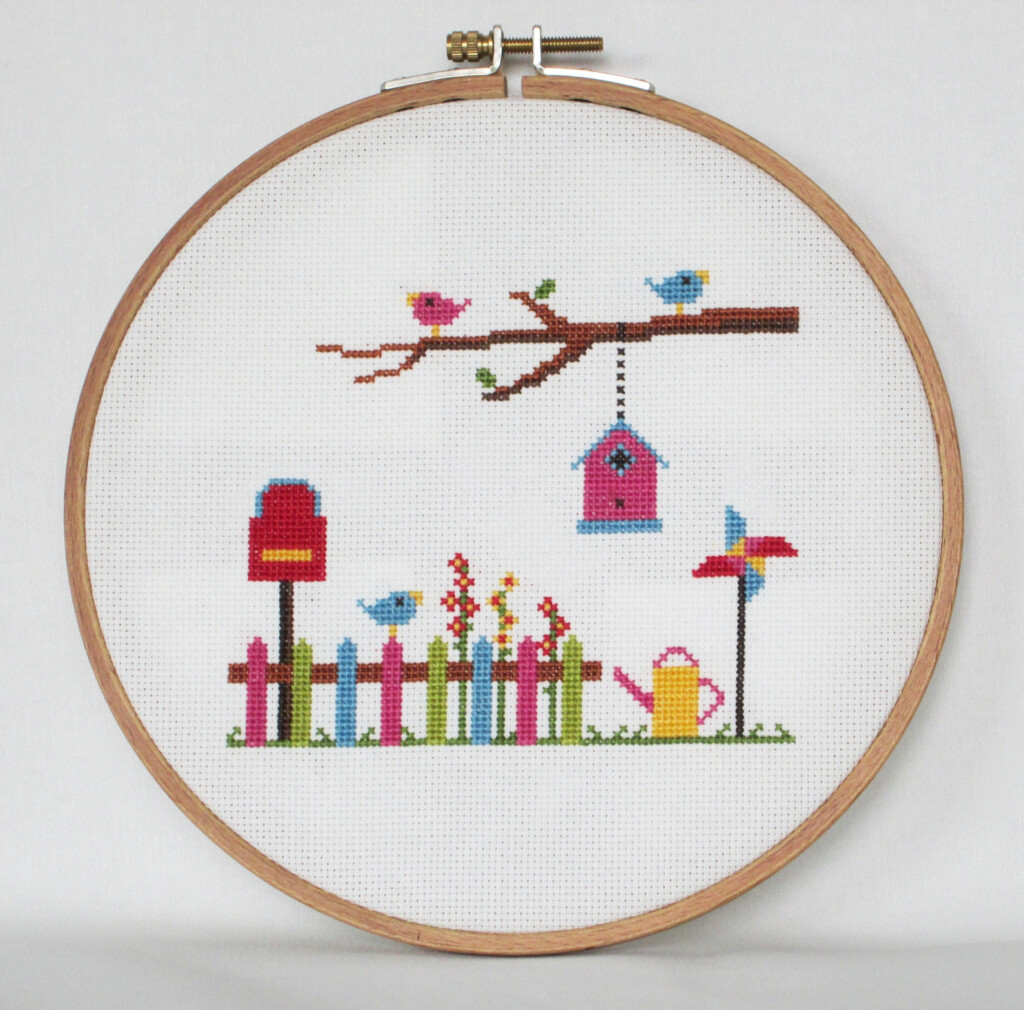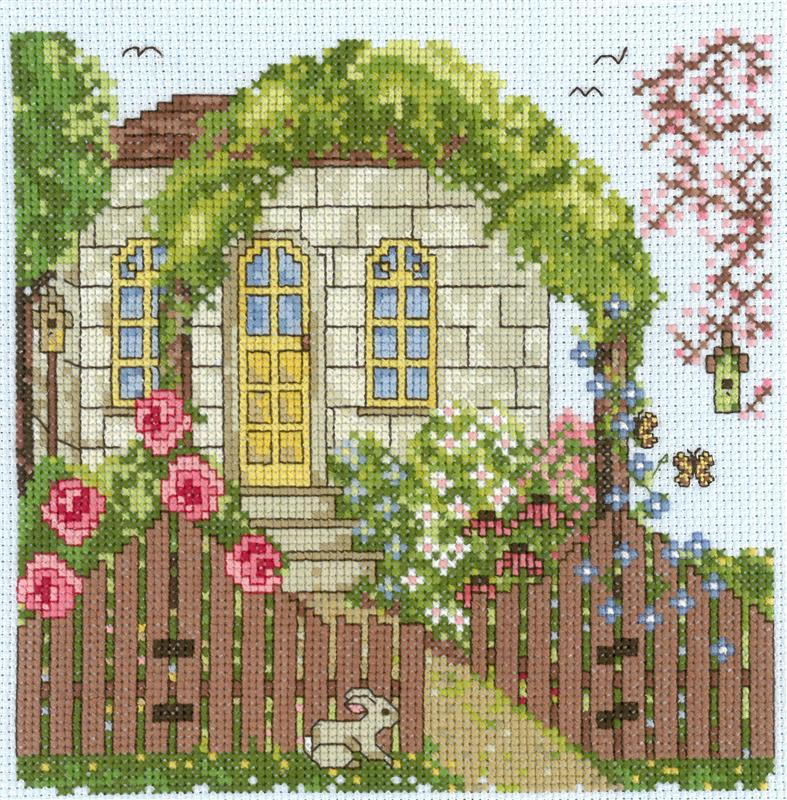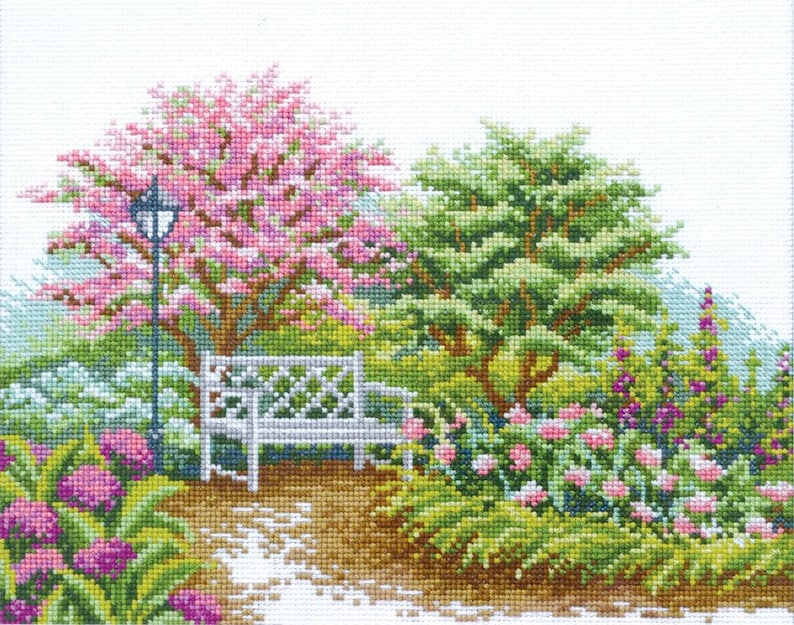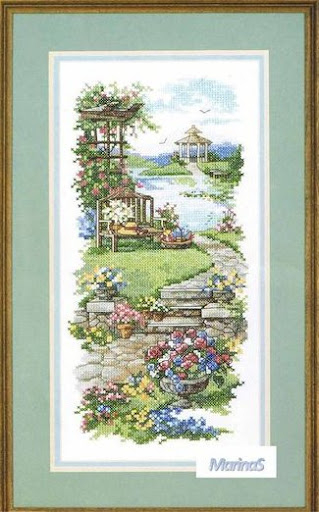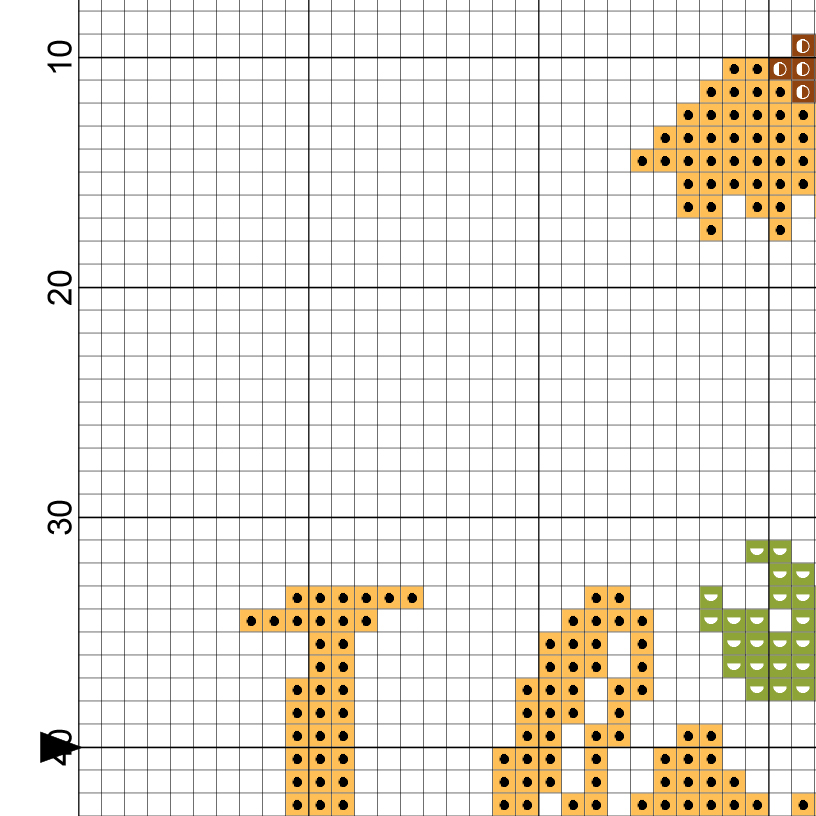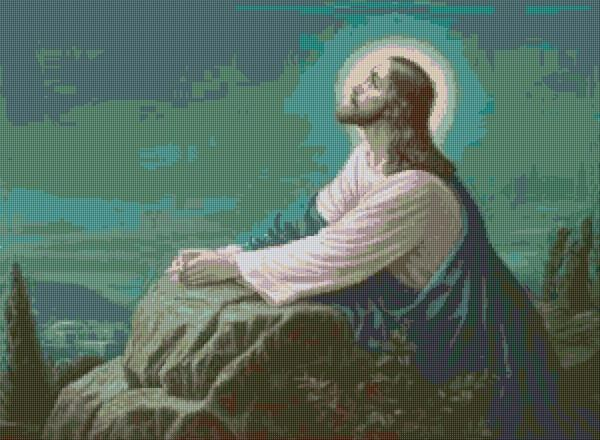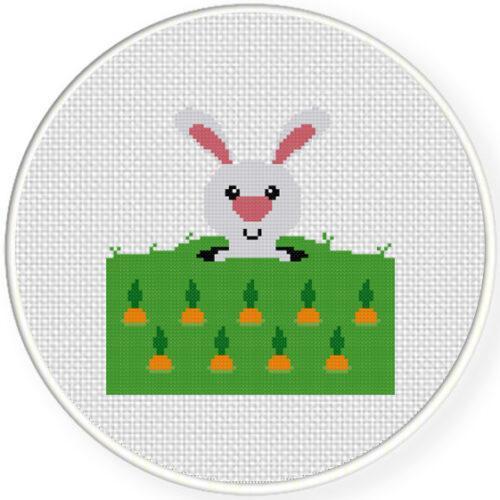Christmas Garden Cross Stitch Pattern – Cross stitch is a timeless and soothing embroidery technique that permits you to create sensational styles with just a needle, thread, and fabric. Whether you’re a newbie or an experienced stitcher, comprehending Christmas Garden Cross Stitch Pattern is vital to crafting beautiful pieces. In this guide, we’ll check out everything you require to find out about cross stitch patterns, from necessary products to advanced methods, ensuring that you acquire the self-confidence to develop detailed and professional-quality layouts.
What is a Christmas Garden Cross Stitch Pattern?
A Christmas Garden Cross Stitch Pattern is a grid-based design that overviews stitchers in developing an embroidered image. Each square on the pattern stands for a stitch, with various shades and icons corresponding to specific thread tones. These patterns can range from simple themes to detailed artworks, supplying an unlimited range of creative possibilities. Recognizing exactly how to review and comply with these patterns properly is vital for both precision and effectiveness in your sewing jobs.
Why Use a Pattern?
- Consistency: Ensures harmony in stitches and design, making your job show up brightened and professional.
- Advice: Helps newbies follow a structured strategy, lowering mistakes and complication.
- Creative Freedom: Allows customization with various color choices, making every piece distinct to the stitcher.
- Scalability: Can be adapted to different fabric sizes and stitch matters, making it adaptable for different job sizes.
- Performance: Saves time by offering a clear roadmap, helping stitchers plan their work in breakthrough and stay clear of unneeded blunders.
Products Needed for Christmas Garden Cross Stitch Pattern
To begin with cross stitch, you’ll require the appropriate products. Right here’s a failure of crucial devices:
| Material | Summary |
|---|---|
| Fabric | Aida cloth is typically utilized because of its easy-to-count grid. Linen and evenweave textiles offer finer detail, ideal for innovative stitchers. |
| Threads | Embroidery floss, usually DMC, Anchor, or Madeira brand names. Available in numerous colors to bring styles to life. |
| Needles | Tapestry needles with blunt tips to prevent fabric damages. The best size depends on fabric kind and individual preference. |
| Hoop/Frame | Maintains fabric taut, avoiding wrinkles and unequal sewing, making certain uniformity in your stitches. |
| Scissors | Small, sharp embroidery scissors for specific thread cutting and cutting excess fabric. |
| Pattern Chart | Printed or electronic Christmas Garden Cross Stitch Pattern for assistance, offering clear guidelines on stitch positioning and color option. |
| Source of light | A well-lit workspace helps stop eye stress and enables much better accuracy in stitch positioning. |
| Thread Organizer | Keeps embroidery floss tangle-free and simple to accessibility, making shade changes a lot more reliable. |
Reviewing a Christmas Garden Cross Stitch Pattern
A well-designed Christmas Garden Cross Stitch Pattern provides all the essential details to bring your design to life. Comprehending just how to translate a pattern appropriately makes certain precision and effectiveness in your job.
1. Signs and Color Key
Patterns use signs to represent various thread colors. Each sign corresponds to a particular floss color, generally listed in a legend with the thread brand and number. Familiarizing yourself with this tale prior to starting will certainly make sewing much smoother.
2. Grid System
Christmas Garden Cross Stitch Pattern are prepared on a grid where each square represents one stitch. The darker lines show every 10 squares, assisting you count and position your stitches accurately. This framework ensures placement and prevents mistakes when sewing large, intricate styles.
3. Stitch Types
- Full Cross Stitches (X): The common stitch, developing an X form that provides total coverage.
- Half Stitches (/): Used for shading and fine information, producing a smoother slope effect.
- Backstitching (-): Used to detail and specify forms, adding deepness and clearness to the design.
- French Knots (o): Adds appearance and ornamental accents, frequently utilized for eyes, flowers, and embellishments.
- Lengthy Stitches (–): Stitches that cover numerous squares to develop distinct results, frequently utilized in specialized designs.
4. Start Point
Most patterns suggest beginning at the center to guarantee appropriate positioning. Locate the facility by folding the fabric in half both methods, marking the center with a water-soluble pen or a little stitch. Starting from the center assists preserve balance and equilibrium throughout the project.
Basic Cross Stitch Techniques
Understanding these methods will certainly enhance your stitching effectiveness and results, guaranteeing that your projects look professional and refined.
1. Preparing Your Fabric
- Laundry and iron fabric prior to beginning to get rid of creases and prospective spots.
- Utilize a hoop or frame to maintain it taut, avoiding misaligned stitches.
- If using Aida towel, bind the edges with covering up tape, fray check, or a zigzag stitch to avoid tearing with time.
- Think about gridding the fabric with cleanable fabric pens to aid with positioning.
2. Threading the Needle
- Cut a piece of embroidery floss around 18 inches long to avoid tangling.
- Make use of one to 3 hairs, depending upon fabric count and preferred insurance coverage for optimal outcomes.
- Thread the needle and safeguard the starting end with a loophole or little knot, or use the “loop technique” for a neater back.
3. Sewing Methods
- Paddle Method: Complete one half-stitch (/) across a row, after that return with the other half () to form an X. This serves for keeping stitches uniform.
- One-by-One Method: Complete each full X prior to transferring to the following stitch, suitable for patterns with constant color modifications.
- Parking Method: Useful for complicated designs, enabling stitchers to collaborate with multiple colors without confusion.
4. Protecting Threads
- Avoid knots at the rear of your work; instead, weave the thread under previous stitches for a tidy and expert finish.
- Keep the back neat to stop thickness and uneven tension, which can distort the fabric.
Common Mistakes & & How to Avoid Them
| Error | Solution |
| Miscounting stitches | Always cross-check the grid and make use of a highlighter to mark finished sections. Double-check before moving forward. |
| Irregular stress | Maintain stable tension; stay clear of drawing as well tight or leaving stitches as well loose. Consistency is key to professional-looking work. |
| Wrong thread color | Verify the pattern secret before beginning each area to stop lengthy blunders. |
| Fraying fabric | Secure edges with tape or a stitching maker zigzag stitch. Using a hoop helps minimize fraying. |
| Messy back | Keep the back neat by weaving in loose ends nicely. This will certainly prevent lumps when framing the ended up item. |
Download Christmas Garden Cross Stitch Pattern
Last Thoughts
Christmas Garden Cross Stitch Pattern supply limitless possibilities for creativity and craftsmanship. Whether you’re adhering to a classic design or producing something special, comprehending the basics of reading patterns, choosing materials, and perfecting strategies will certainly aid you develop magnificent jobs. Maintain practicing, trying out, and most notably, enjoying the process of sewing! Cross stitch is not just a leisure activity– it’s an art type that permits you to bring elaborate styles to life, one stitch each time.
Happy sewing!
